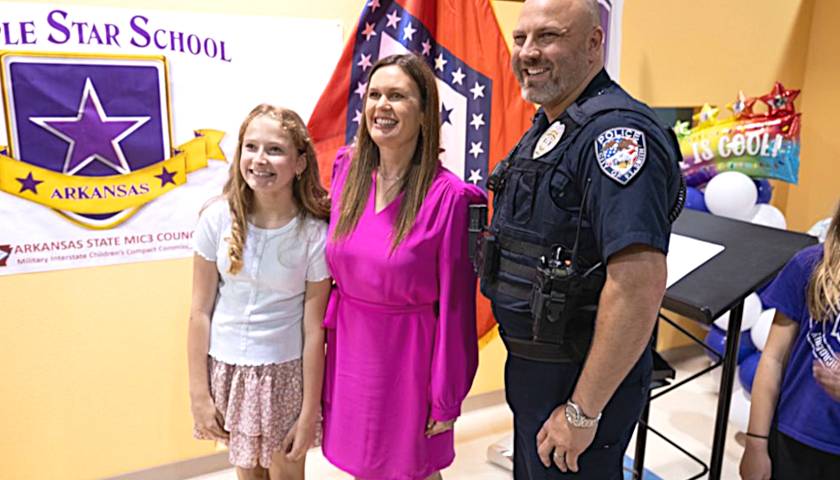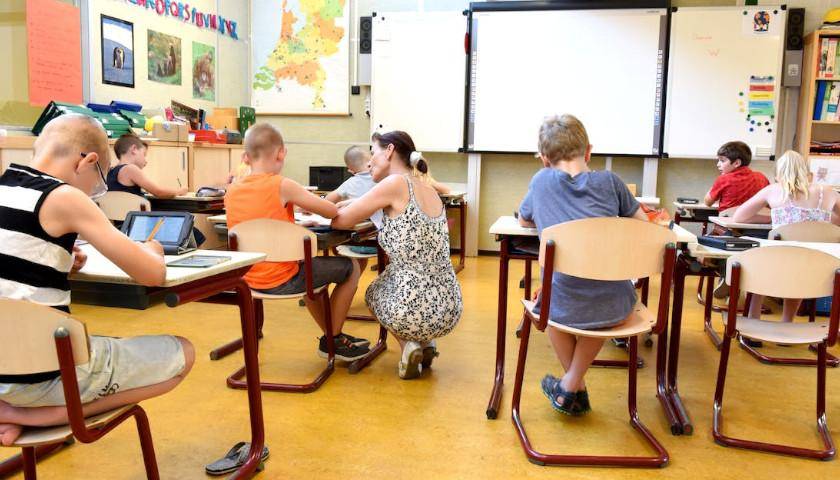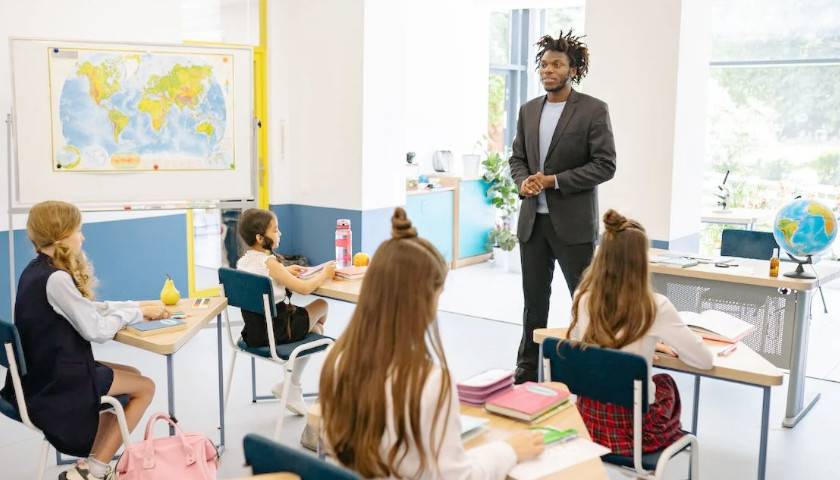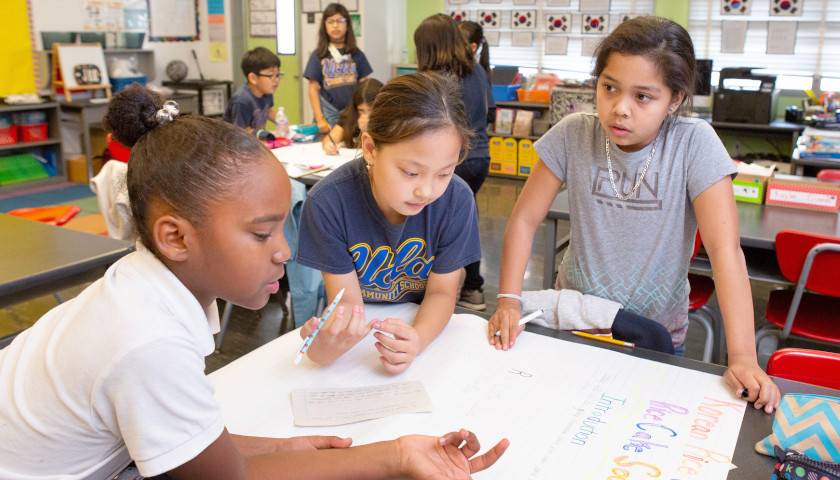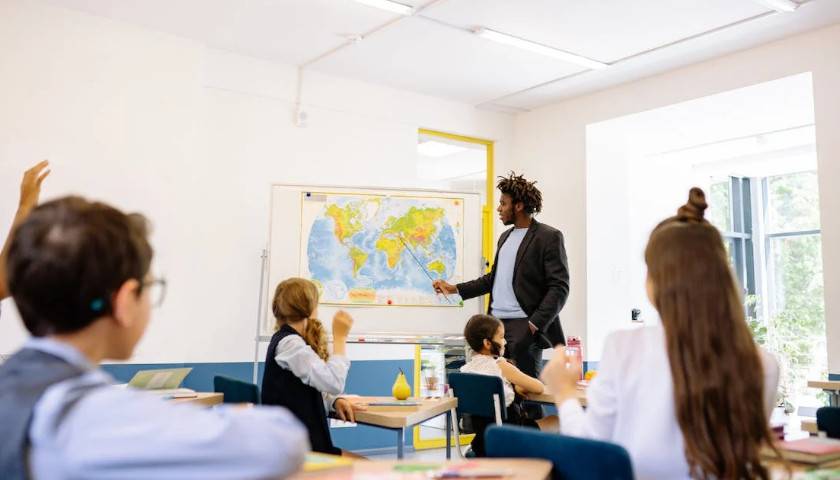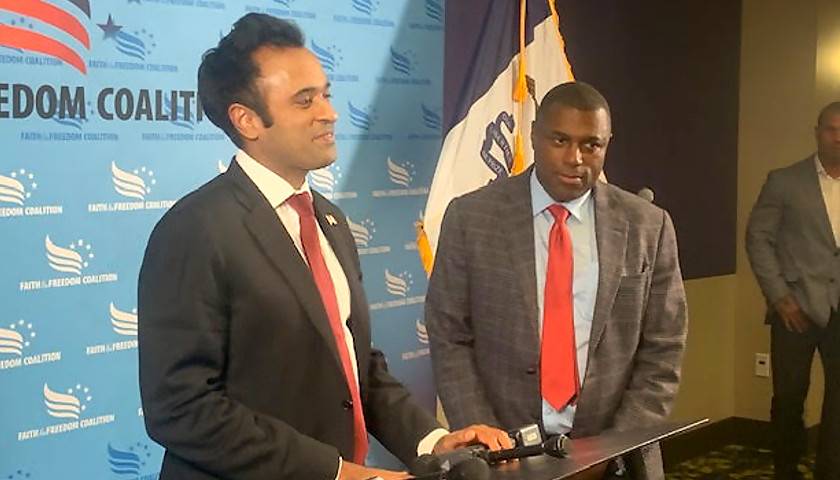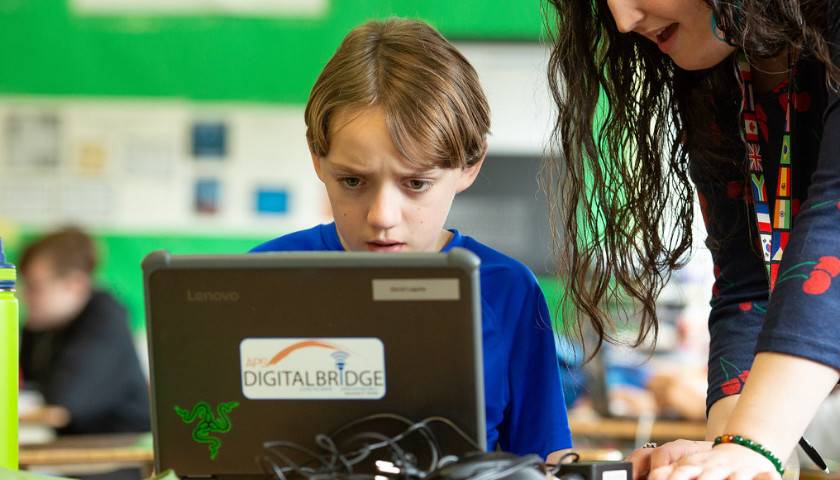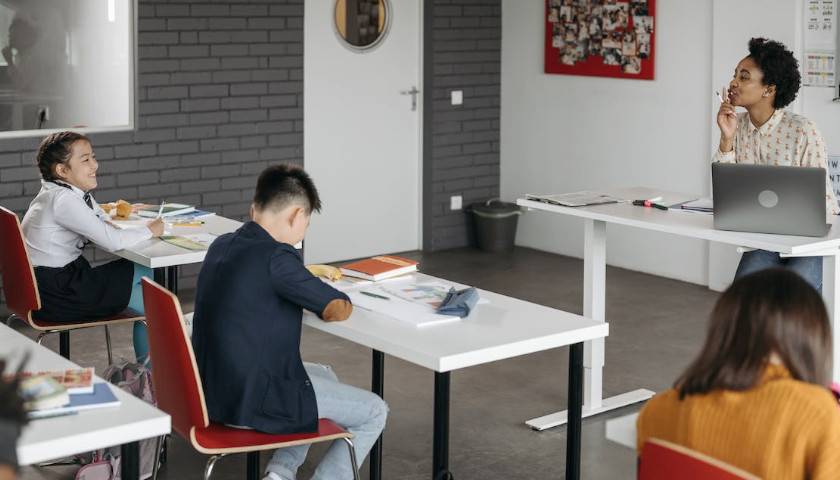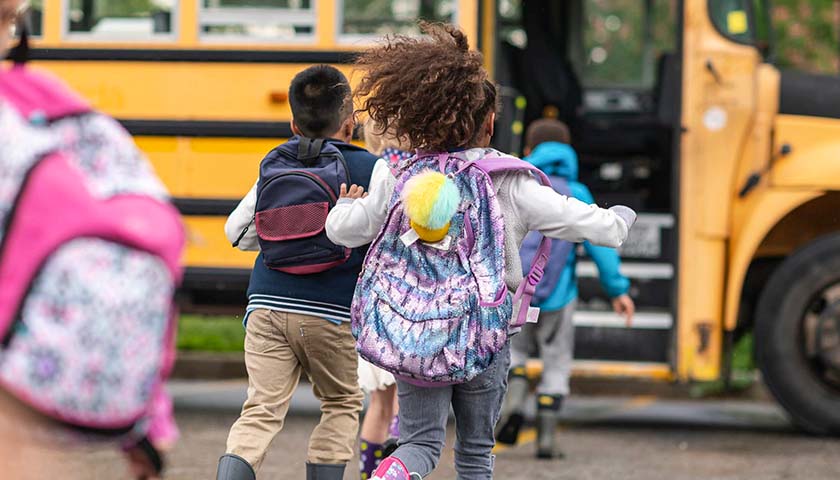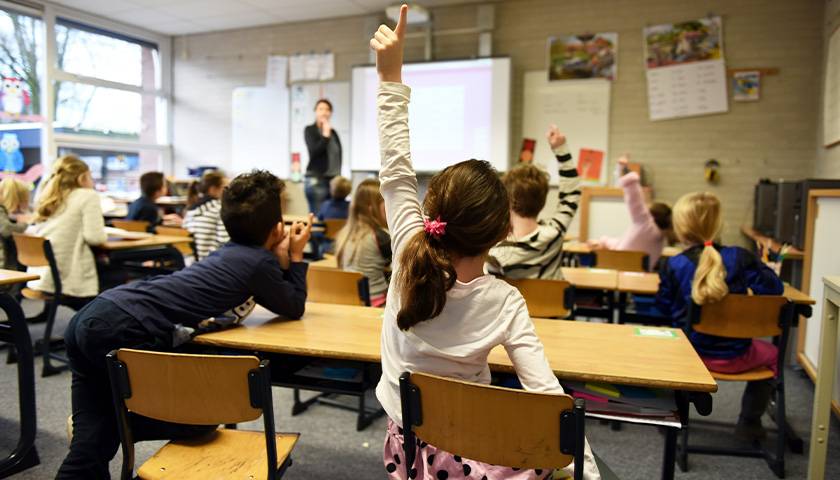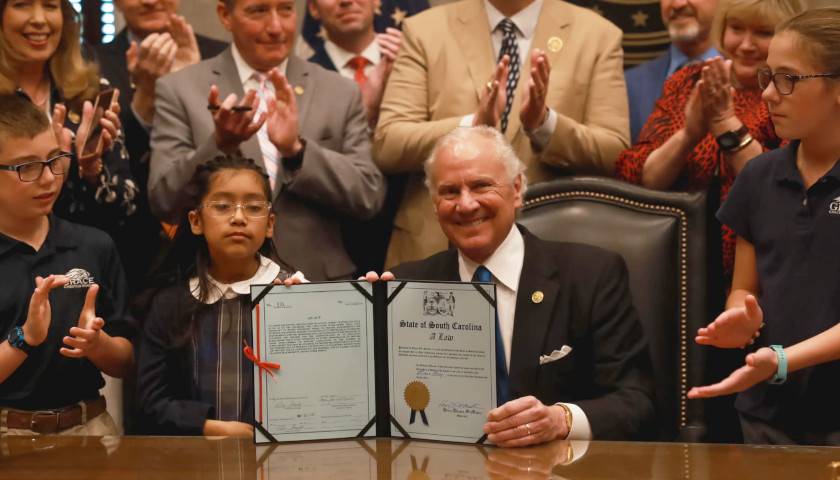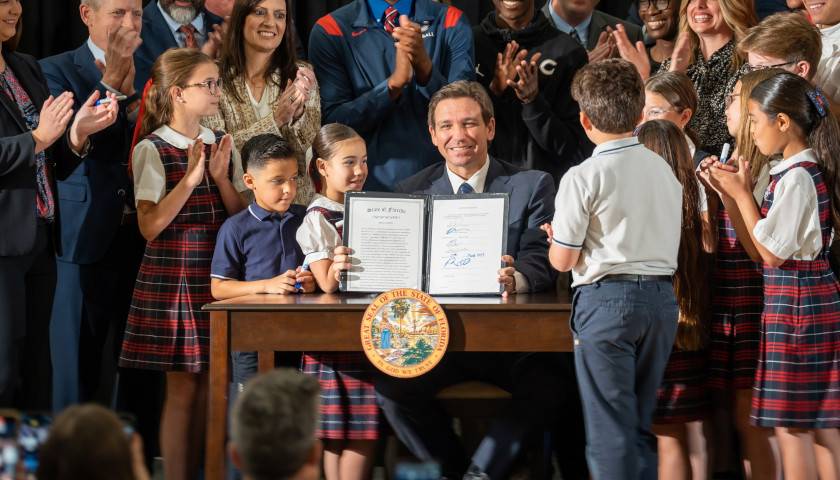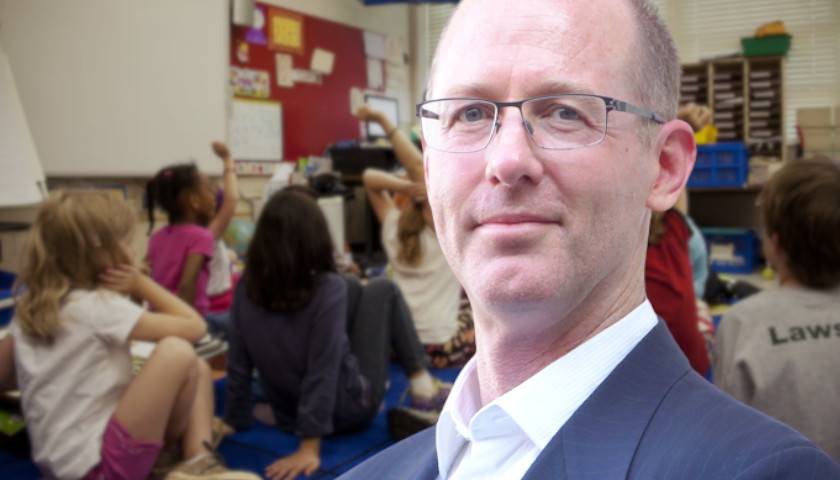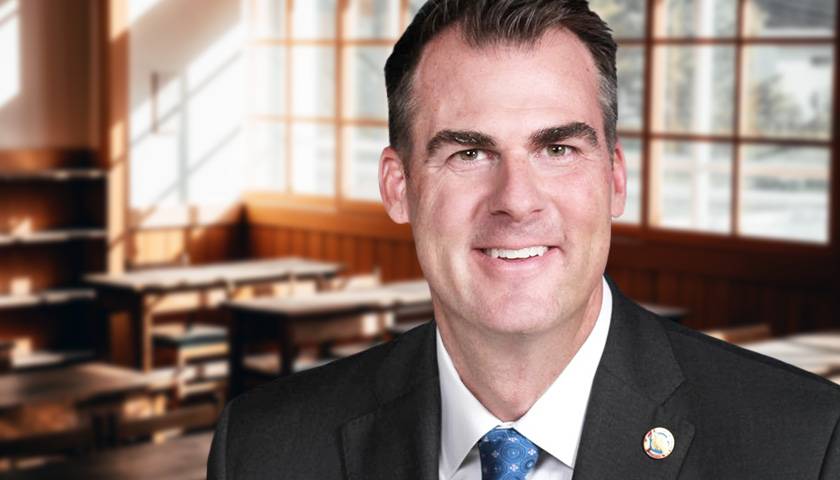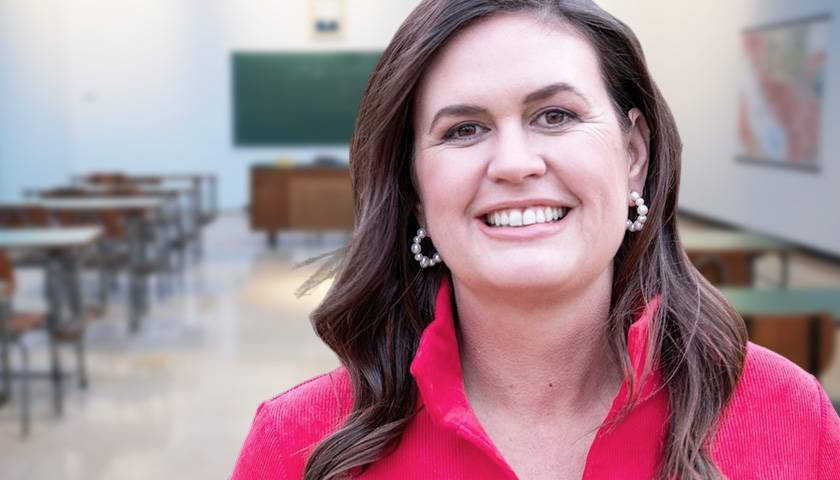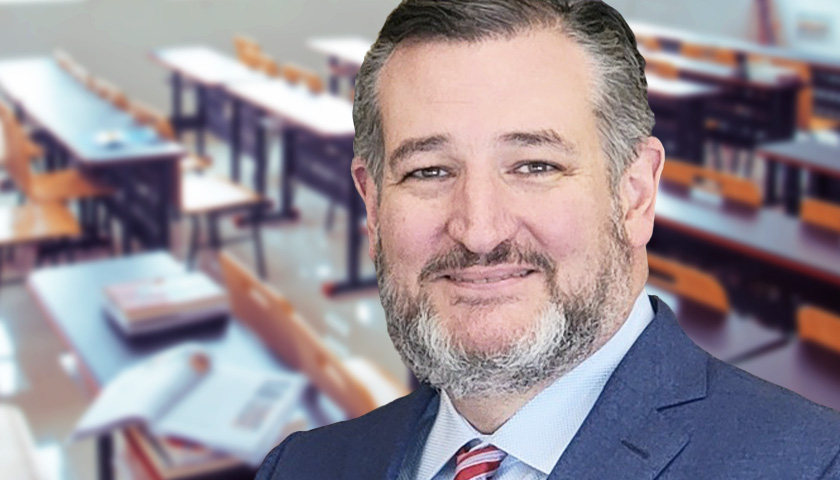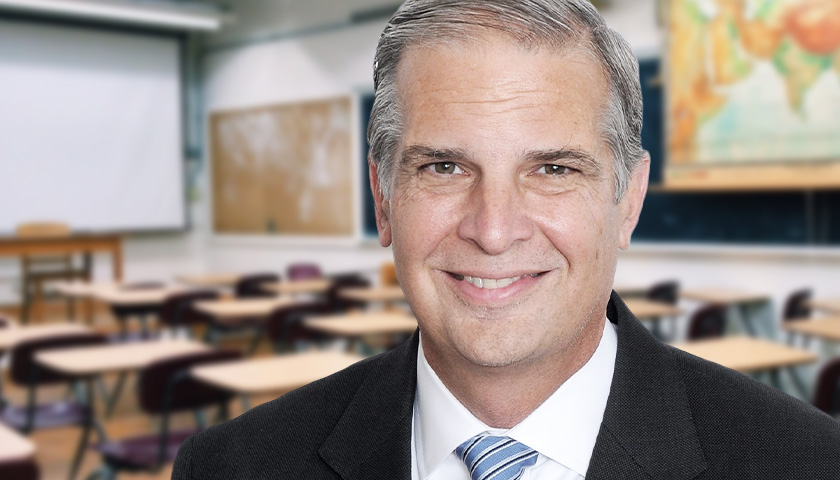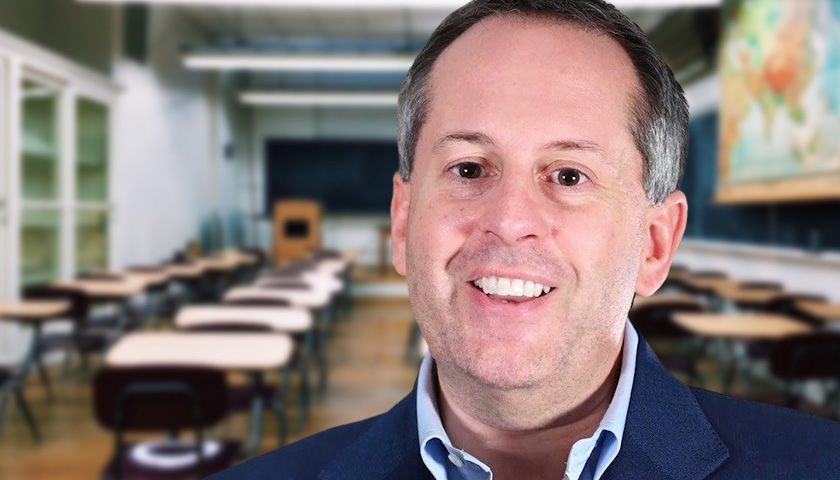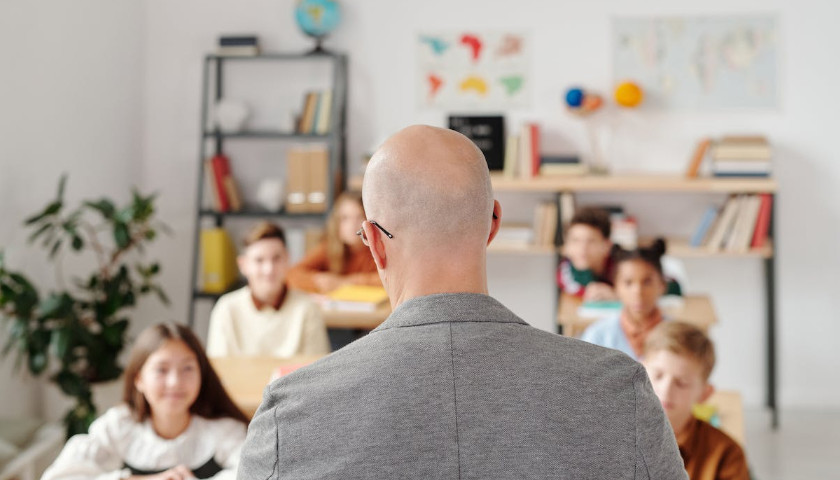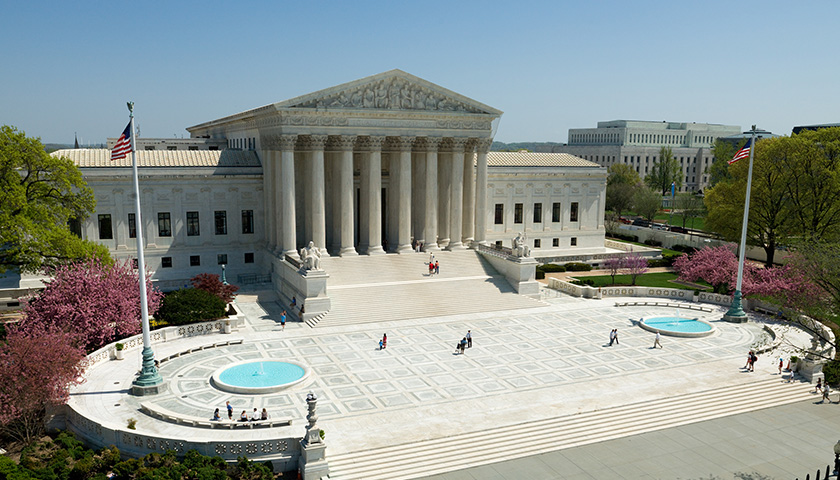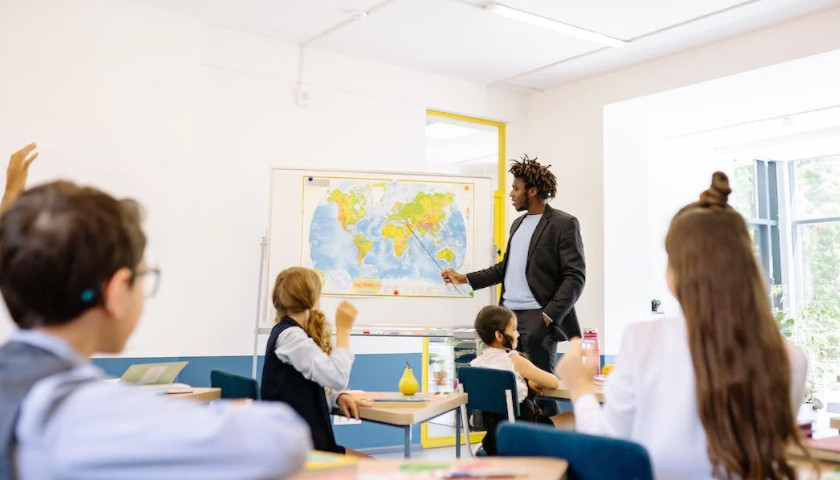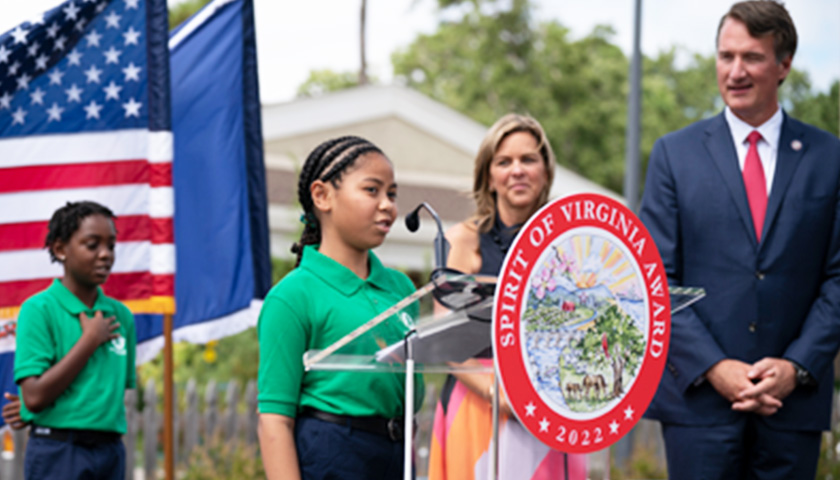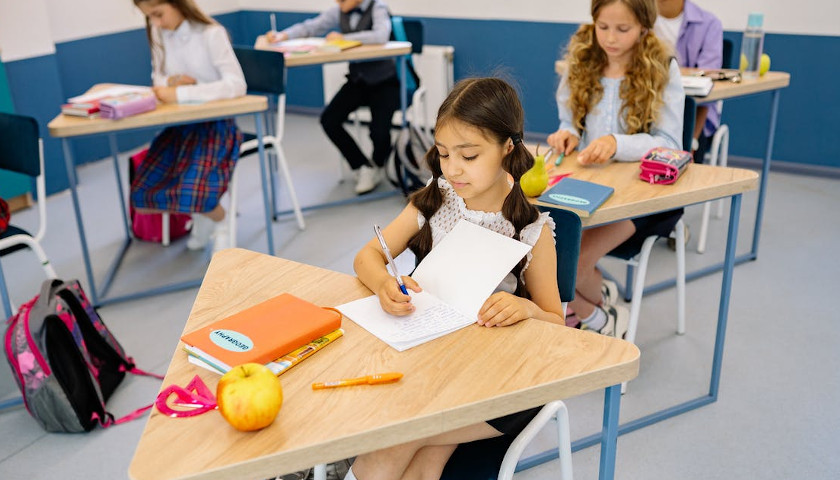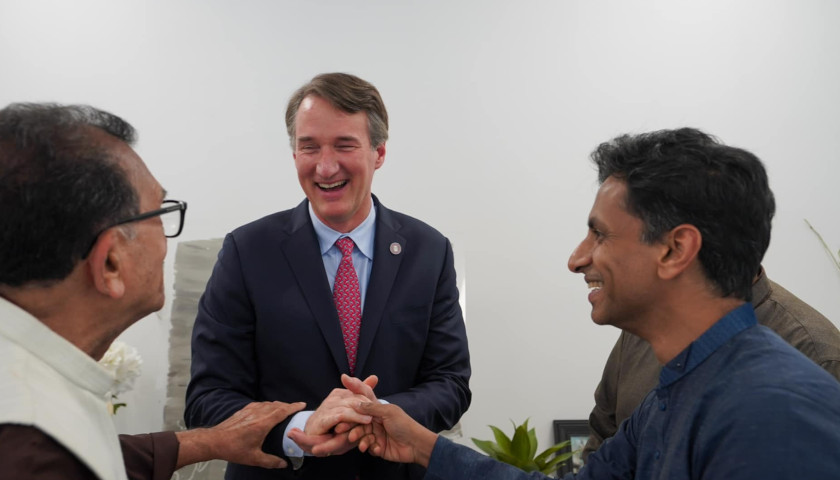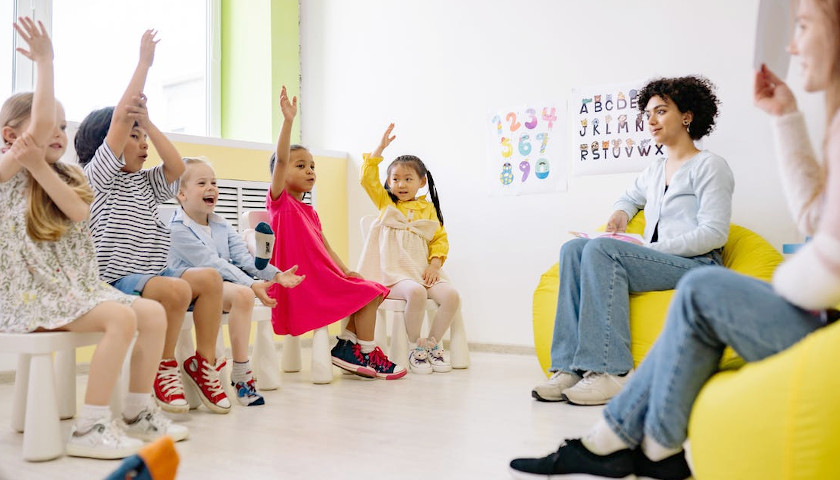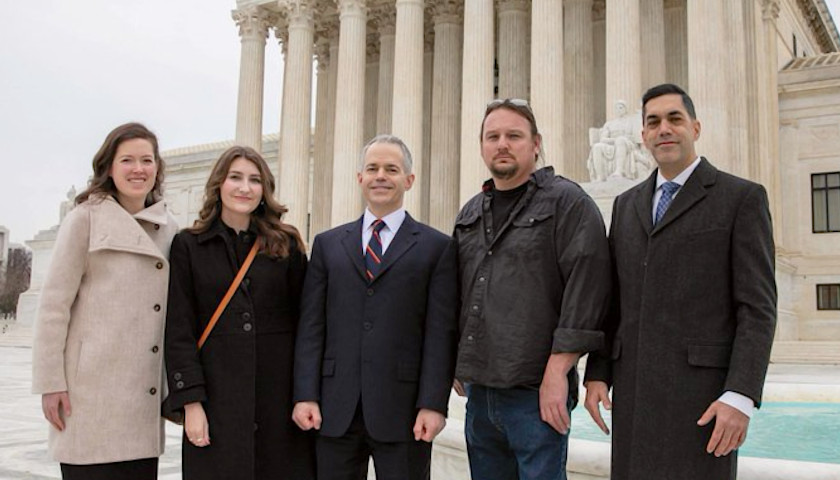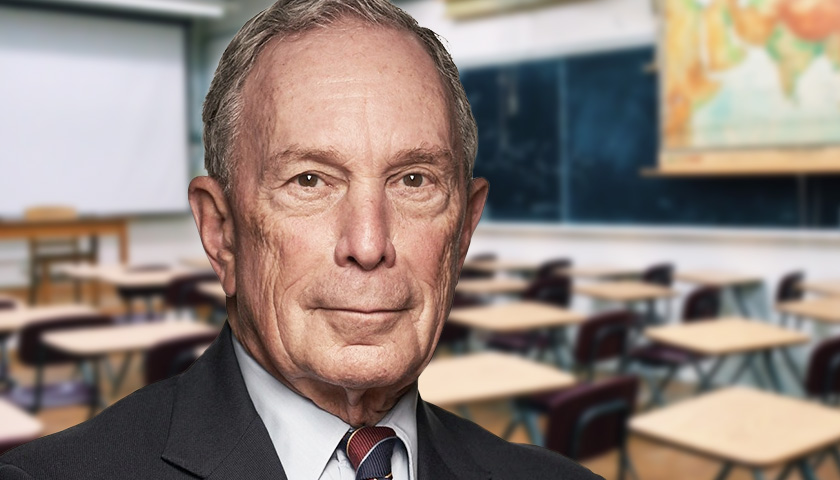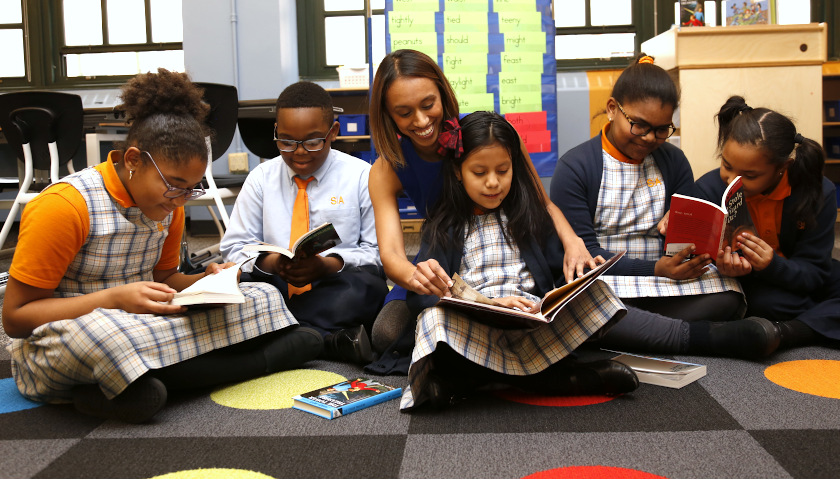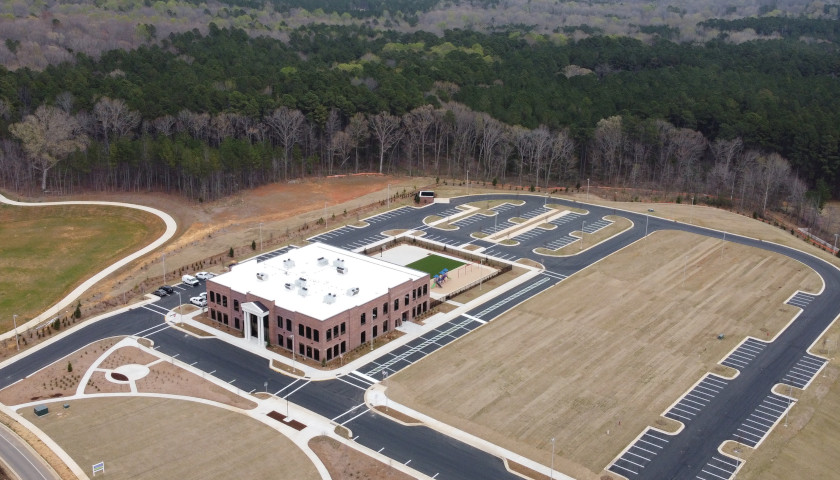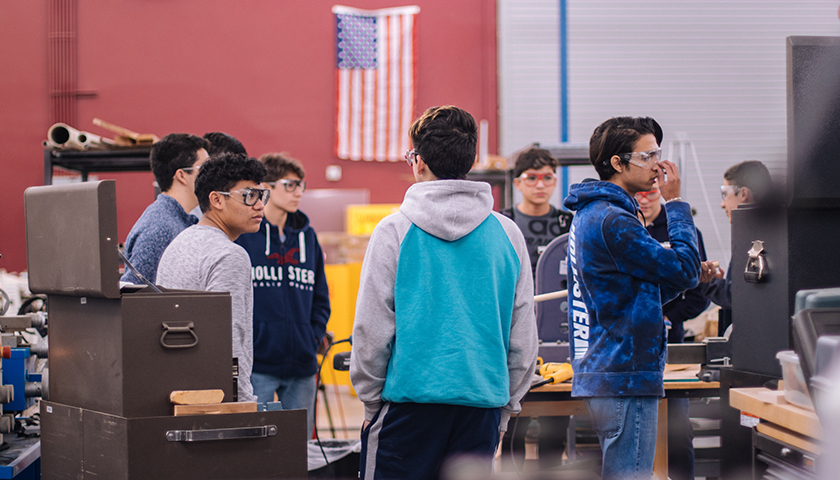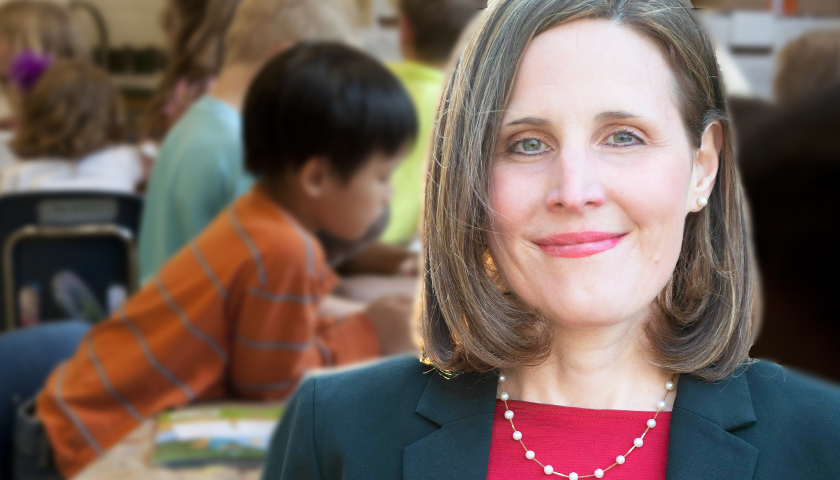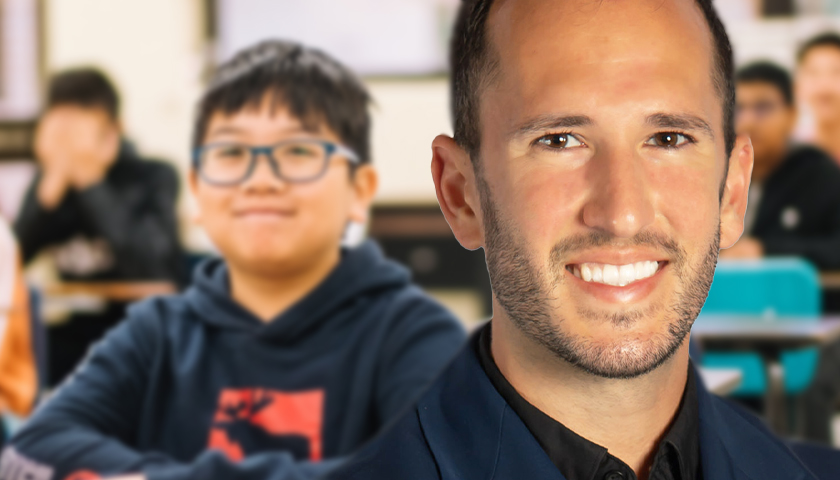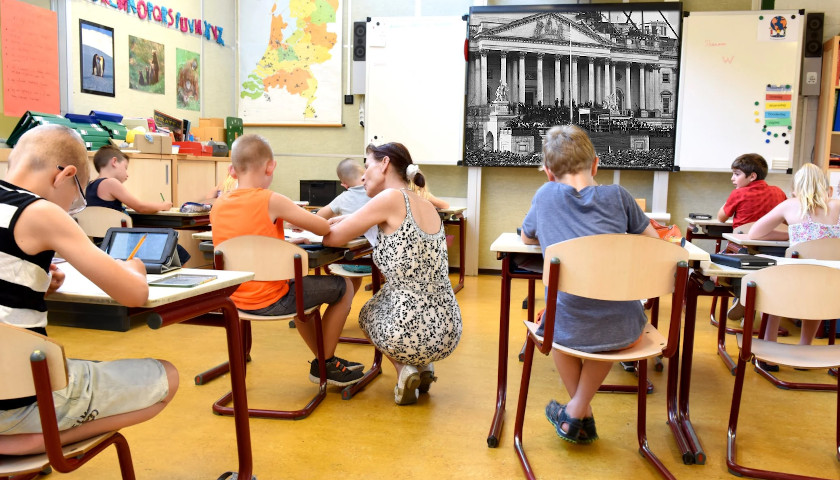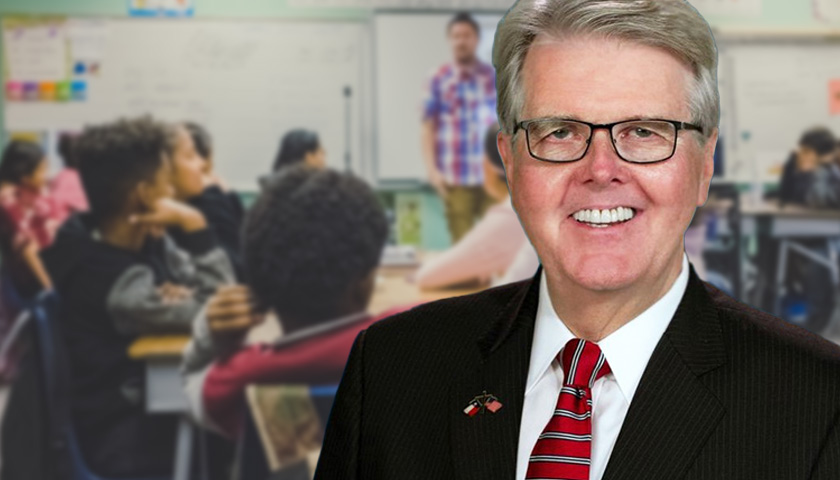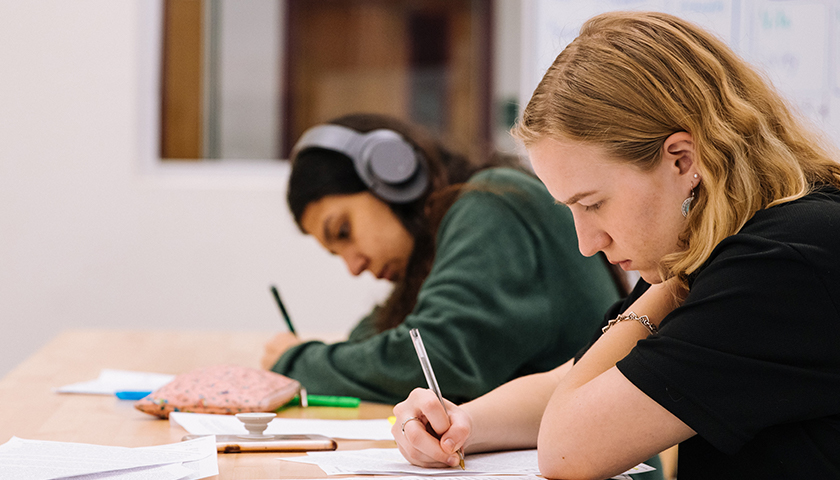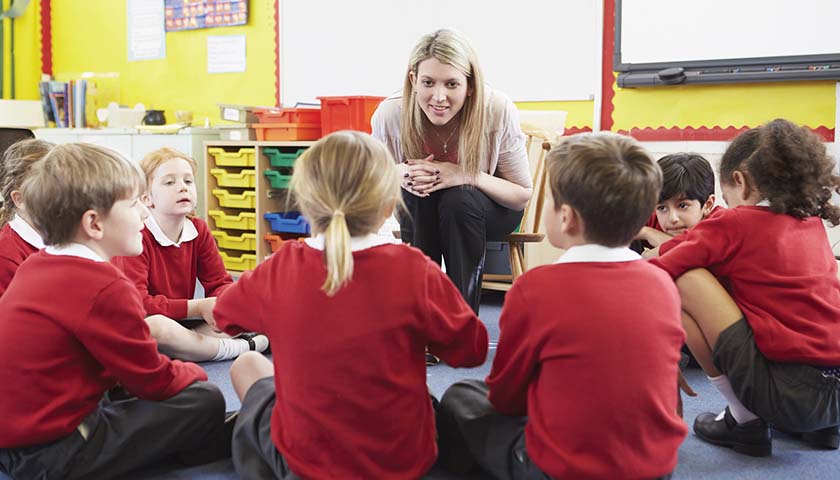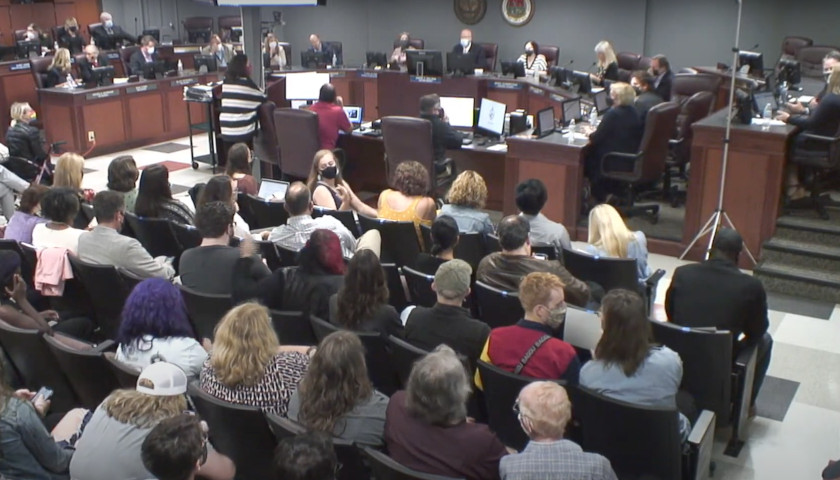As school districts start dropping the mask mandates, removing pornographic books from their libraries, and explicitly prohibiting critical race theory, it’s clear that the parent protests are working. School boards, even in progressive bastions like San Francisco, are currently being cleaned out and replaced by more pro-parent members. Moreover, politicians like the governor of Oklahoma are openly instituting a school choice model that would allow for different schooling models and have education dollars follow the student, not automatically go to the school.
Naturally, these developments invite more pushback (sometimes literally so) from those who believe they’re supporting public education. It was fine in the past to let various kooky parents carry on about the evils of teaching Harry Potter or sex ed; school boards and district leaders could simply yawn and carry on as before. However, now that it actually threatens their authority and influence, they can no longer ignore parents’ concerns..
In general, opponents of protesting parents make the same points over and over. They deny that public schools have problems, play semantic games with critical race theory (“it’s just an abstract legal theory taught in law school,” etc.), and accuse angry parents of being misguided racists. In their view, parents who demand a more wholesome and academic experience for their children are actually demanding an exclusively white and privileged experience. And for good measure, they will add an anecdote about a heroic public school teacher changing lives, proving beyond any doubt that public schools are still doing noble work and are essential for a healthy, diverse society.
Read More

